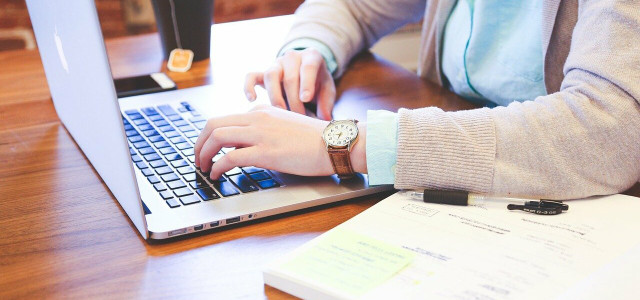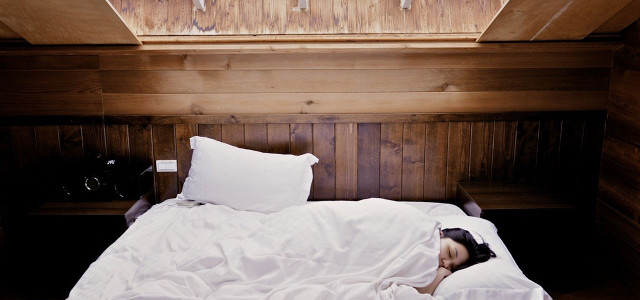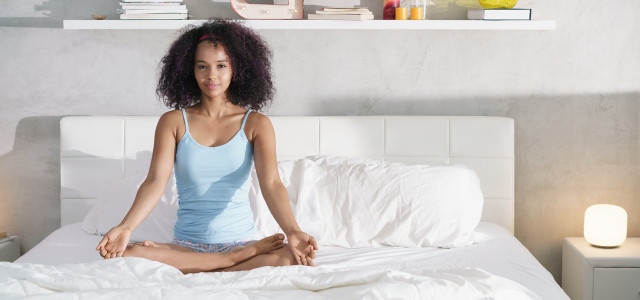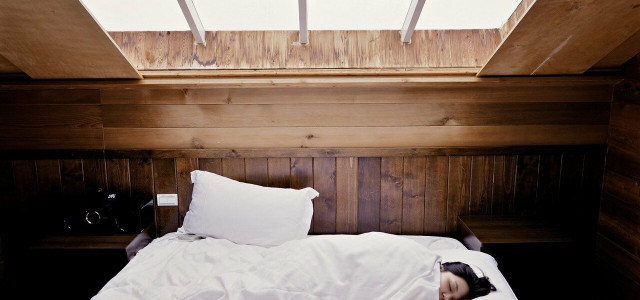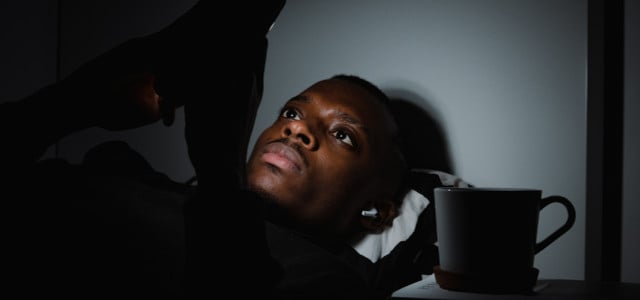Blue light emitted from screens can be damaging to eye health when excessive. To prevent these negative side effects of the modern world, follow our tips on how to protect your eyes from screens.
With work from home becoming more and more common, we are spending more time in front of screens than ever before. With the relative modernity of blue-light-emitting devices like smartphones and computers, there is limited research concerning their effects. A few small studies have shown blue light exposure may cause photoreceptor and cell damage. On the other hand, research has also shown that blue-light exposure can have positive health impacts.
The problem is that we are getting blue-light exposure in excessive amounts. Using digital devices for long periods of time often causes eyestrain. This can lead to headaches, sore and tired eyes, irritated and dry eyes, and even fatigued facial muscles. Overall, evidence suggests we should limit our screen time and protect our eyes when using screens.
Excessive exposure to screens is especially harmful to your sleep. Because blue light emitted from screens is similar to the UV rays we get from the sun, your body interprets late-night screen exposure as daytime. This makes it difficult to fall asleep when the time comes, as your body may not release the melatonin needed to induce sleep. This can decrease your quality of sleep and alertness the next morning. It’s best to stay away from screens close to bedtime in order to improve your sleep schedule. Keep reading for our top tips on protecting your eyes from screens and blue light.
1. Get Blue-Light-Blocking Glasses
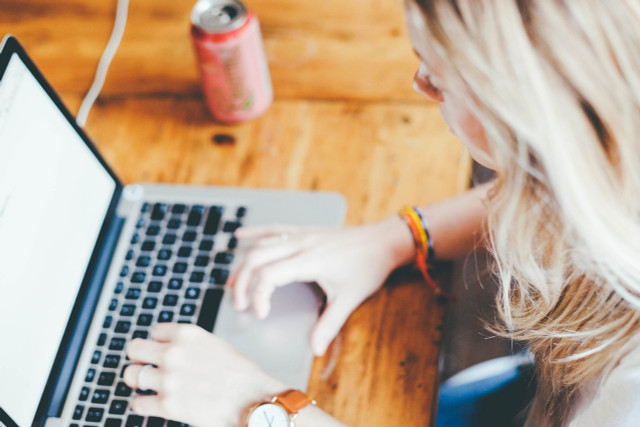


One of the most effective ways to protect your eyes from blue-light exposure is by filtering out the blue light with blue-light-blocking lenses. These can even double as UV ray protection as well. There are loads of blue-light-blocking glasses on the market. Check these out on Amazon**. They are effective, durable, convenient and made sustainably.
2. Give Your Eyes a Break from Screens
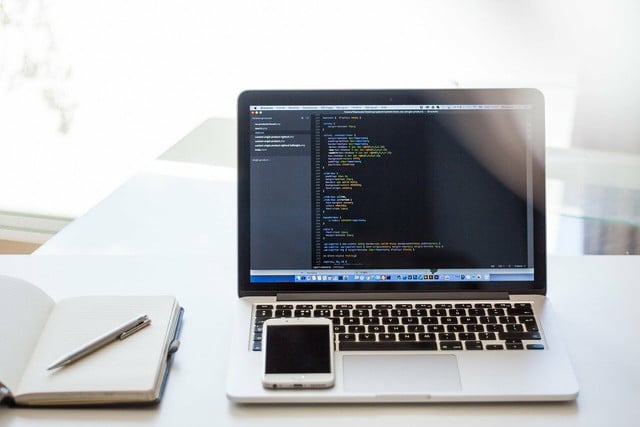


The American Academy of Ophthalmology recommends the 20/20/20 rule to reduce strain on your eyes when using screens. This is an especially important rule to keep in mind when working a full-time job at a computer. The 20/20/20 rule is simple. While using a blue-light device, look up every 20 minutes to focus on an object that is about 20 feet away. Focus on the object for about twenty seconds. This helps to regulate your eye focus so that your eyes are not consistently straining to focus on up-close work. When you have time, it’s even better to take a slightly longer break. Take a minute to stretch your legs and grab a snack every now and then.
3. Keep Your Eyes Moist



As many of the negative impacts of eyestrain come from the lack of blinking we do when looking at screens for to long, it is highly beneficial to keep your eyes moist. You can do this by using artificial tear eye drops. This helps prevent dryness and irritation, especially.
4. Adjust Your Device Settings to Maximize Your Protection from Screens
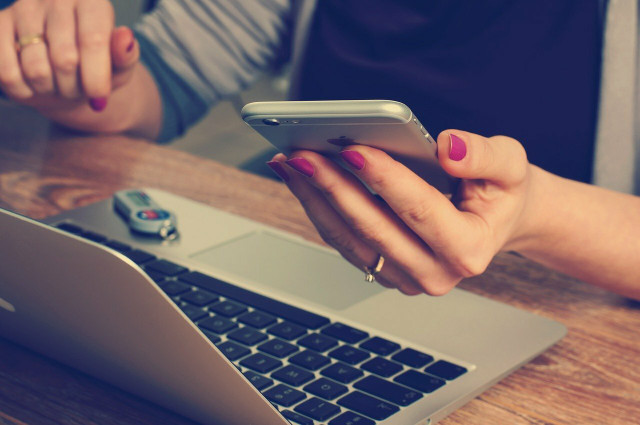


If you have to use screen devices a lot, especially for work, it is definitely worth editing your settings to protect your eye health and comfort. You can do this by adjusting the warmth of your screen and making it more yellow as opposed to blue. You can also take advantage of ambient lighting settings so that your device automatically adjusts to its surroundings. This way, you don’t expose your eyes to even higher amounts of blue light rays than necessary.
Been studying for a long time? Check out: 9 Tips For How to Stay Focused While Studying
5. Put Devices Away Before Bed to Improve Your Sleep
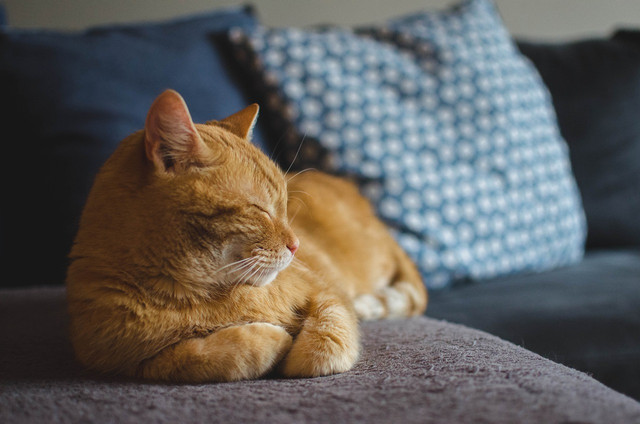


Of all the tips and tricks to fall asleep, one of the easiest is simply to put away your devices around bedtime. It’s best to cut out your screens about half an hour to an hour before bed. This includes your television, work laptop and smartphone. Set your alarm, put your phone on do not disturb, and do something to calm yourself down and let your body know that it is time to sleep. This may be taking a bath, reading a good book or having tea. Your body will thank you.
6. Keep Your Screens at a Distance
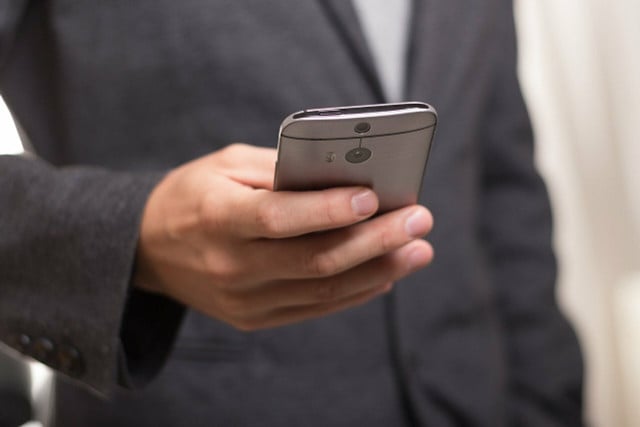


When using screens throughout the day, try to be cognizant of how close they are to your face. You may have a bad habit of holding your phone right up to your eyes when in bed, or maybe you are squinting up close to your computer at work. It is best to keep your screens about an arm’s length away in order to reduce the intensity of the blue-light waves. If you have a hard time with this, you may want to consider changing your device settings so that writing is larger and images are clearer.
7. Work in a Brighter Space
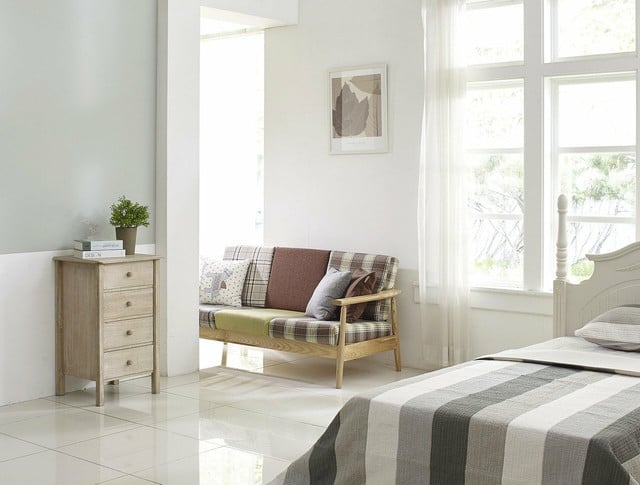


If you need to be at a computer for work during the day, an easy way to decrease your exposure to blue-light from screens is to simply move to a brighter workspace. Find the brightest room in your home or office and so that you can keep the brightness on your computer lower. On that note, make sure you are starting and ending your day early so that you don’t have to work later into the evening and past sunset, as this can lead to more strain on your eyes.
8. Reduce Screen-time
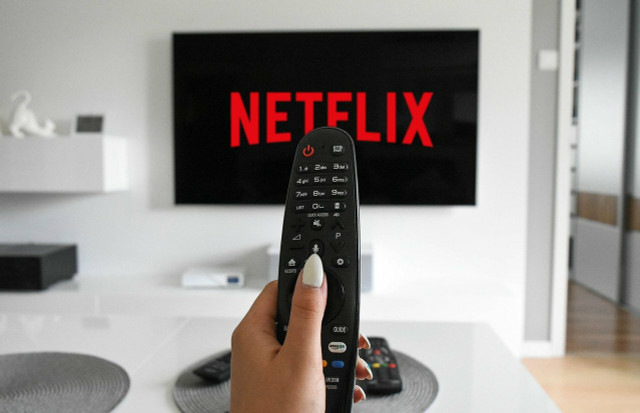


Reducing screen time is the most obvious way to protect your eyes from blue-light exposure. While you probably can’t cut down on screen-time which is a part of your work, you sure can cut out unnecessary time spent binging television series and mindlessly scrolling through Tik Tok and Instagram. By cutting down on your screen-time on time-wasters like these, you can protect your eyes from blue light and make space for other activities in your life as well. Sign up for that book club or gym that you’ve always thought about joining. Your health will improve and you can make some friends along the way.
Read more:
- UVA vs. UVB Rays: How Are They Different?
- Itchy Eyes: 5 Home Remedies, Causes, and How to Avoid
- How to Improve Concentration: 10 Ways to Focus Better
- Taking Time for Yourself: How to Make the Most of Your Me Time
Important Information regarding Health-related Topics.
** Links to retailers marked with ** or underlined orange are partially partner links: If you buy here, you actively support Utopia.org, because we will receive a small part of the sales proceeds. More info.Do you like this post?






